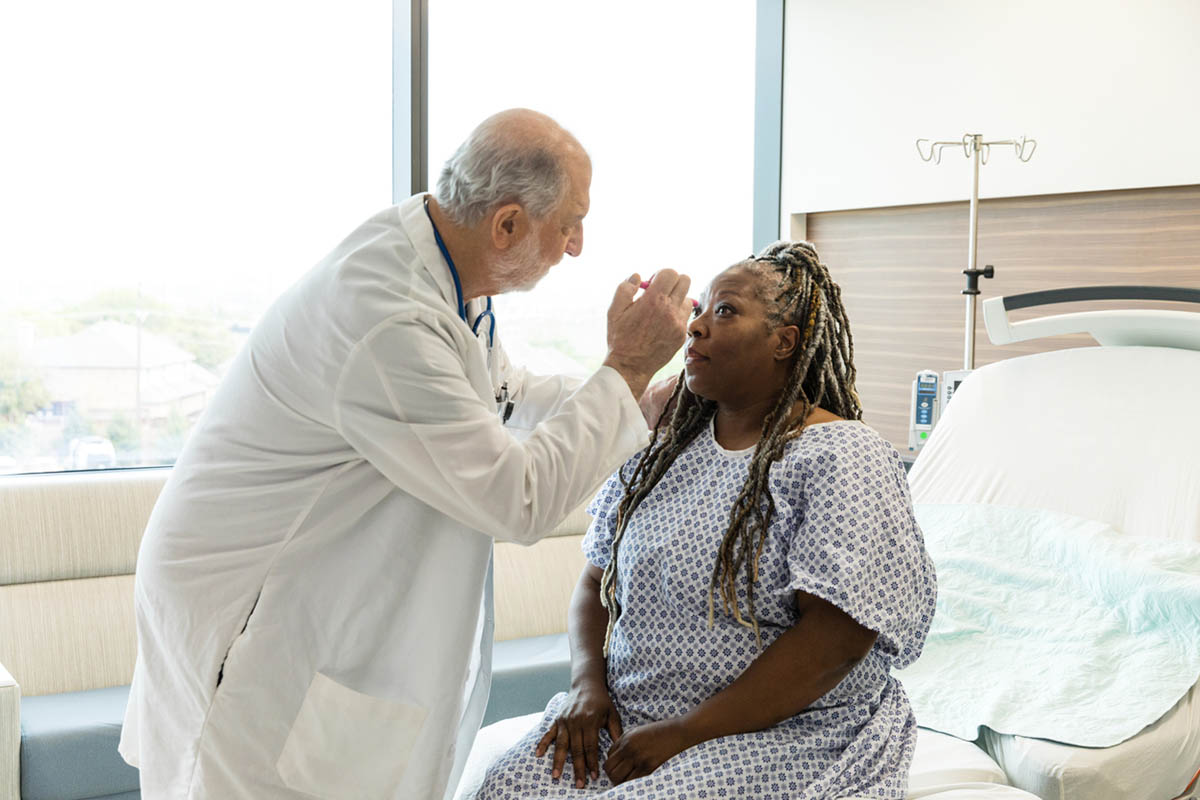Background: The postpartum period is a time whenwomen are vulnerable to depressive disorders, which can be severeand have long-lasting adverse sequelae. In spite of multiplecontacts with health care providers, women with postpartumdepression often remain unrecognized and untreated. To evaluatethe association between estradiol and postpartum depression, wemeasured serum estradiol concentration and performed anopen-label study of physiologic 17beta-estradiol.
Method: Twenty-three women fulfillingICD-10 criteria for major depression with postpartum onset wereconsecutively recruited from a psychiatric emergency unit. Serumestradiol concentrations were measured at baseline and weeklyduring sublingual 17beta-estradiol treatment for 8 weeks. Thetreatment effect was assessed using a clinician-rated depressionsymptom scale, the Montgomery-Asberg Depression Rating Scale(MADRS).
Results: At baseline, all patients wereseverely depressed (mean MADRS total score = 40.7; range, 35-45)and had a low serum estradiol concentration (mean = 79.8 pmol/L;range, 23-140 pmol/L); in 16/23 patients, the concentration waseven lower than the threshold value for gonadal failure. Duringthe first week of estradiol treatment, depressive symptomsdiminished significantly, resulting in a mean MADRS score of 11.0(Z = -4.20, p < .001), and serum estradiol concentrationsapproached those of the follicular phase (mean ± SD = 342 ± 141pmol/L). At the end of the second week of treatment, the MADRSscores were compatible with clinical recovery in 19/23 patients.
Conclusion: This preliminary study showsthat depression symptoms may be rapidly reduced in patients withpostpartum depression who have documented estradiol deficiency bytreatment with 17beta-estradiol and suggests that estradiol canhave significance in the pathophysiology of this condition andmay be an option in the treatment of women vulnerable topostpartum depression.
Enjoy this premium PDF as part of your membership benefits!





